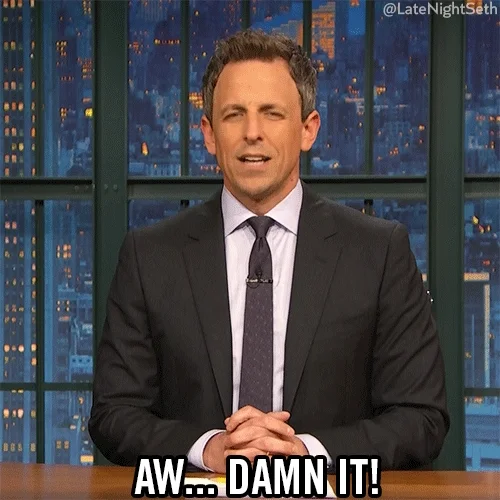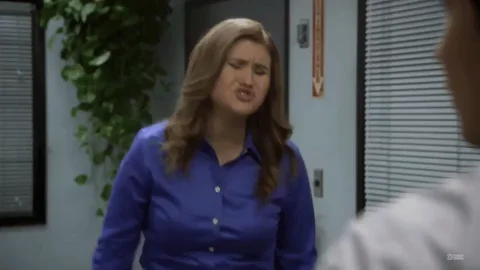
Now I’m gonna have primus stuck in my head all day…

Now I’m gonna have primus stuck in my head all day…

There was also the Liquid Television show DogBoy.
Previously on BB:
I’m suddenly thinking of a short story in an old SF anthology, “The Plastic Age” by Howard Goldsmith. (As opposed to the more serious book of the same name.) Kid wakes up one morning, finds he can change his appearance, and freaks out a bit. By the end of the story he’s visiting a doctor who mentions explains about the plastics in everyone and everything.
There’s a high probability this is the best statistics joke I’ll read all year.
Go ahead and try to avoid plastics. I’ve been trying for a couple years now. They’re everywhere. Everywhere.
You pay two or three times as much for juice that comes in glass bottles.
Ironically I see “organic” foods . . . that come in plastic containers (defeats the purpose, doesn’t it?)
And plastics have only been around less than a century, really only in common use since the end of WW2, but they are being found everywhere. Imagine what hundreds of years of plastic use will do.
Ah, but if you grow your own, and can in reusable glass canning jars, the economics are getting better every year, and the health benefits more and more apparent. (I know that’s not something most have the option of doing, but seriously, exploring the options of CSA shares and home canning are doable in most areas.) Stories like this make me ever more determined to make our little corner of the world as separated from the corporate clusterfuck as is humanly possible. Of course, living in a place where food production is one of the leading industries makes that a lot easier.
Vampires of the world “Bleh! Bleh!”
Though there are alternatives, the ubiquitous Bell lids are plastic-coated on the inside. Yay!
I actually use reusable Tattler lids, which are plastic. I don’t think that entirely avoiding them is a realistic goal in our current environment. Hell, it has been shown that plants absorb microplastics from the soil, especially if there is a plastic film mulch used. Most organic farms use those to cut down or eliminate the need for herbicides. Personally, I use a deep leaf mulch, which works pretty well, but not much of an option for a large operation.
As of now, scientists are still attempting to discover if the microplastics pose a threat to human health.
I’ve seen plenty of (perhaps tentative) evidence that it does, but it doesn’t really matter. It’s ubiquitous now and highly persistent, and there’s nothing we can do about it, so there’s no point worrying about it. We should, for many, many reasons, be doing everything we can to phase out plastic use entirely, but it’ll be generations before it really makes a difference, at least in this context (there are a lot of more immediate benefits in other ways). So right now we shouldn’t be worrying about ourselves but what kind of planet we leave to future generations.
Yep, in a very literal sense - in the oceans and rivers, in rainwater, in soil… Plastic pollution is completely ubiquitous at this point. Places in the Antarctic, where no human has ever been, have micro-plastic pollution.
I suspect that may be a question on par with “imagine what years of full-scale nuclear war will do.” In that it’s a bit of a self-solving issue in that at some point the problem simply removes the people, who can no longer keep contributing to it…
It is only a matter of time until there is a whole microbiome based on the energy supplied by plastics. It is already starting, and given the ubiquity of the resource, it will grow.
I doubt they’ll have much of an impact, though. In between the use of different types of plastic and an over-supply of food (whose uptake is limited by other factors). I mean, eventually some significant plastic-eating ecosystems will arise, after mass extinctions in existing ecosystems, but…
Not sure what to hope for. If we actually prod the development of a true plastic-degrading microbiome, it will change how our current tech works entirely. On the other hand, if that doesn’t occur, we will face an ecological disaster. Again. Or more probably simultaneously with all the other ecological, existential disasters we have coming down the road. So, yeah, we are pretty screwed, either way.
Best case scenario seems to be that in the short term we eliminate plastic waste, so at least macro-plastics aren’t having the negative ecological impacts they’re currently having, and in the long term, chemical degradation and plastic-eating microbes eventually clean up what’s left of the mess.
I wish I could take credit, but this is actually just a copy of the “Spiders Georg” meme that originated with a Tumblr post about the baseless “average person swallows 3 spiders a year” factoid.
Though if I had indeed authored it, I would (hopefully) have not made the two spelling errors in the original (which I respectfully included in my hijack of the meme, of course)
Do I want to know if the microplastics and PFAS will play well together? Hope they didn’t use up all those Korean War-era blood samples… ![]()
So, TIL that one group of PFAS can turn into microplastics. Based on how long PFAS has been found in blood, I’m surprised microplastics weren’t discovered until now. ![]()
Not just bacteria:
Things like this are why there are no space-faring races. Technology is the development of force multiplication. Almost by necessity, it is deployed before its consequences can be known. Between the likelihood that some technologies are society-fatal in the long term and the ever-increasing power that a lone individual has access to, combined with the extreme technological challenges of space travel, it is vanishingly unlikely that a civilization would develop the tech necessary for space travel without either destroying itself or being destroyed by a small population of radicals first.